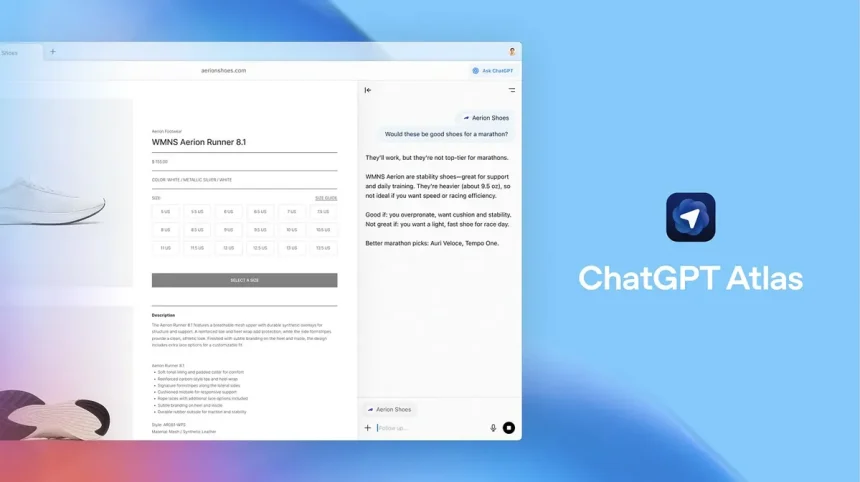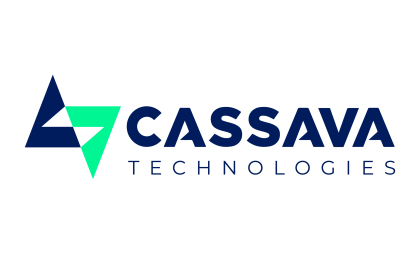OpenAI has unveiled ChatGPT Atlas, its first-ever AI-powered web browser — a move in the company’s effort to redefine how people search for and interact with information online.
The Details
- Atlas launches first on macOS, with Windows, iOS, and Android versions to follow.
- OpenAI says the browser will be available to all free users at launch.
- Built directly around ChatGPT, Atlas lets users chat with their search results, similar to Perplexity’s Comet or Google’s AI Mode.
Why It Matters
Browsers are becoming the new AI battleground.
- Google Chrome remains the world’s most-used browser, but AI-native tools are shaking up the market.
- Startups like Perplexity (Comet) and The Browser Company (Dia) have introduced AI-first browsers.
- Google and Microsoft have added AI features to Chrome and Edge, respectively — signaling how central AI now is to the browsing experience.
Key Features
- Sidecar Chat: Atlas includes a built-in chatbot that understands the context of whatever’s on your screen — eliminating the need to copy-paste text or links into ChatGPT.
- Browser History Integration: ChatGPT now logs your browsing activity (with permission) to deliver personalized answers.
- Agent Mode: Users on Plus, Pro, and Business tiers can ask ChatGPT to perform web-based tasks automatically — like filling out forms or summarizing pages.
What They’re Saying
“ChatGPT is at the core of Atlas,” said Ben Goodger, OpenAI’s Engineering Lead for Atlas, during a livestream Tuesday.
“We want browsing to feel conversational, intelligent, and effortless,” added Adam Fry, OpenAI’s Product Lead, confirming the inclusion of both sidecar chat and browser history features.
Between the Lines
Early tests from TechCrunch suggest that AI web agents — including OpenAI’s — still struggle with more complex automation tasks. While they can handle simple actions, reliability remains a challenge.










